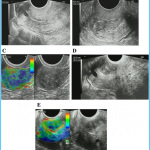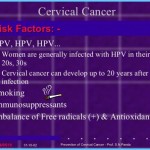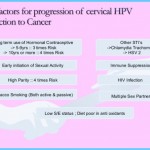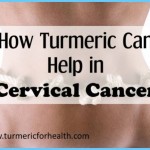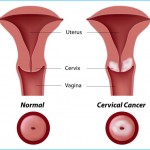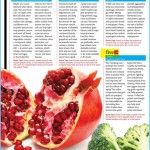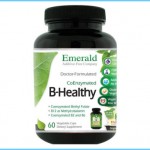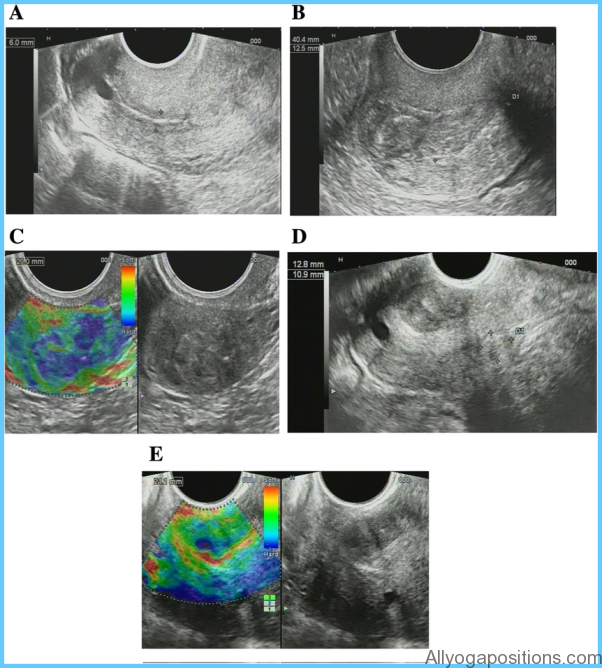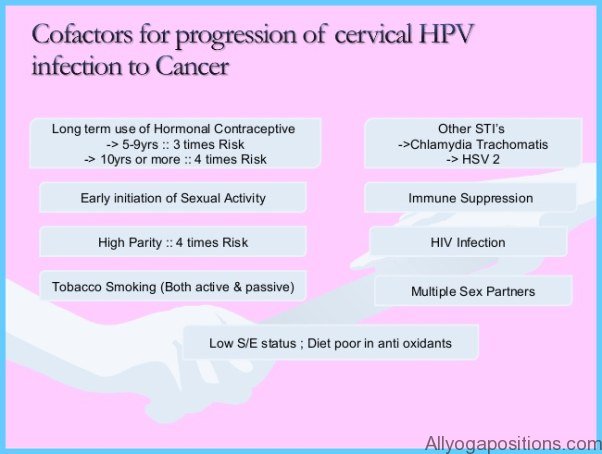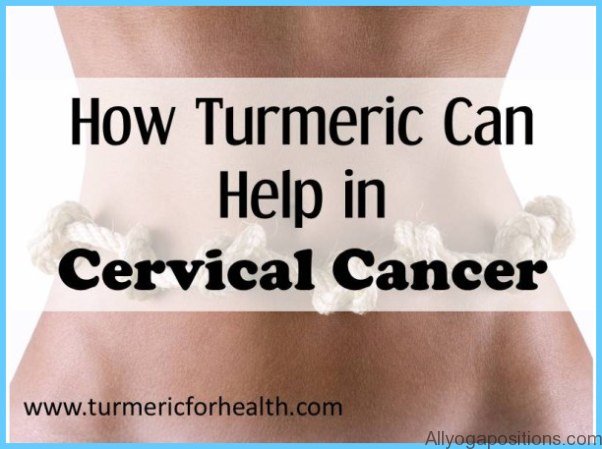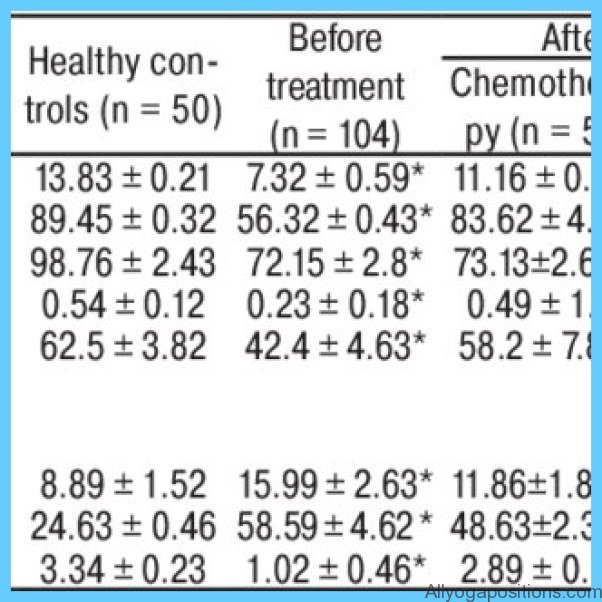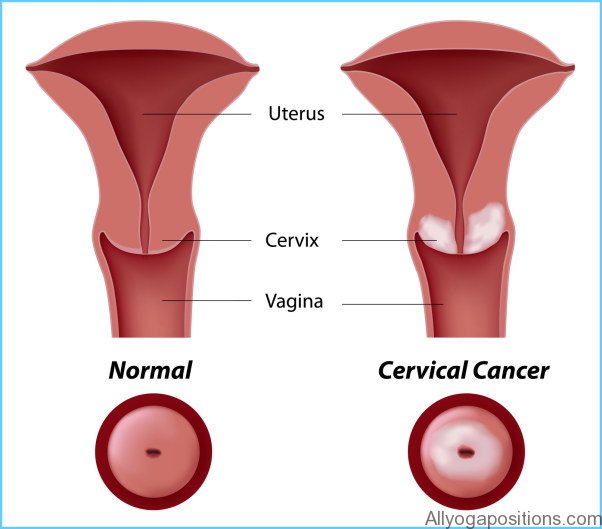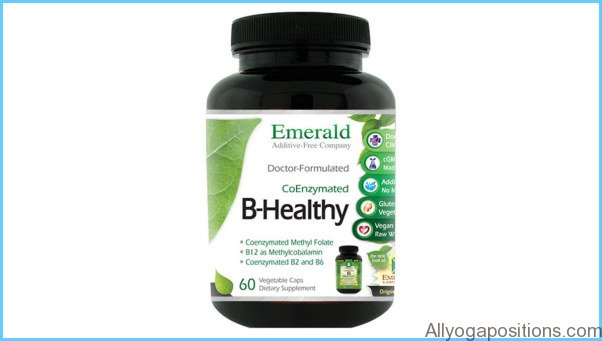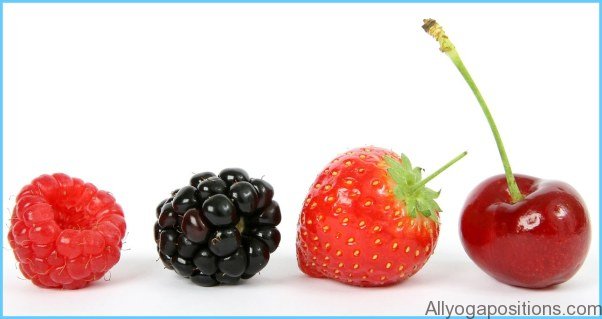Many studies have found a link between cervical dysplasia and low blood levels of antioxidant nutrients, especially beta-carotene and vitamin C. Women with cervical dysplasia are also more likely to have poor dietary intakes of these and other antioxidants. Antioxidants are vitamins, minerals or natural plant chemicals that protect cells in the body from damage caused by free radicals—highly reactive oxygen molecules that are produced by normal body processes. Excess free radicals can also be formed by pollution, cigarette smoke and heavy exercise. These compounds can damage the genetic material of cells, which, in turn, may lead to cancer development. Antioxidants neutralize free radicals, preventing them from causing damage to cells.
Our body has built-in antioxidant enzymes for keeping free radical activity in check, but levels decline as we age. Scientists are learning every day that a daily supply of dietary antioxidants is important for reducing the risk of certain cancers (not to mention heart disease, cataracts and possibly Alzheimer’s disease).
When it comes to cervical dysplasia (a precursor to cervical cancer), a handful of dietary antioxidants have been identified that may prevent free radical damage to cervical cells. These include beta-carotene, lycopene, vitamin C and vitamin E. Below I discuss the antioxidants that have been studied the most with respect to cervical dysplasia. To boost your intake of all these antioxidants, try to eat at least five to ten servings of fruits and vegetables each day. One serving equals a piece of fruit, 1/2 cup (125 milliliters) of vegetables, 1 cup (250 milliliters) of green salad, or 3/4 cup (175 milliliters) of unsweetened juice.
Antioxidants for Cervical Dysplasia Photo Gallery
Beta-Carotene for Cervical Dysplasia
When you think of beta-carotene, no doubt you think of carrots. In fact, this antioxidant is also plentiful in dark green vegetables and orange fruits and vegetables. It’s been hypothesized that beta-carotene may protect from cervical dysplasia and cervical cancer in a few ways. First of all, we know that beta-carotene is a potent antioxidant and therefore may protect cervical cells from free radical damage.
In addition to its antioxidant powers, beta-carotene is used to make vitamin A in the body. Vitamin A is essential for normal cellular growth and development. A number of laboratory studies have shown the ability of vitamin A to prevent abnormal cell growth. What’s more, women with cervical dysplasia have been shown to have lower blood levels of vitamin A. One study of 134 Japanese women diagnosed with cervical dysplasia found that the rate of progression of cervical cancer was 4.5 times higher in women with low blood vitamin A levels than in those with higher blood levels.2
Beta-carotene has been the focus of many studies of women with cervical dysplasia. Researchers have found that, compared to women free of cervical dysplasia, those with the condition have significantly lower blood levels of this antioxidant nutrient. Furthermore, some studies have revealed that women with dysplasia consume a smaller amount of dietary antioxidants, including beta-carotene.
This does not necessarily mean that beta-carotene can reverse the course of dysplasia once you are diagnosed with the condition. To date, two randomized control trials (the gold standard of scientific studies) have compared women taking a 30-milligram beta-carotene supplement to women taking a placebo.3 The researchers found no difference in regression of dysplasia in either group of women. It is possible that these studies were too short to notice an effect—one was three months, the other nine months.
A recent randomized control trial from Australia investigated the effects of supplemental 30 milligrams of beta-carotene, alone or in combination with 500 milligrams of vitamin C, and did notice better regression rates in the women who took beta-carotene alone and with vitamin C.4 However, these findings were not statistically significant.
At the time of writing this blog, there is a two-year trial nearing completion in the United States. The study involves 120 women with moderate to severe dysplasia who were randomized to receive either 30 milligrams of beta-carotene or an inactive placebo each day. Hopefully, this trial will be long enough to find if there is a protective effect of beta-carotene supplements.
In the meantime it makes good sense to get more beta-carotene in your diet, especially if you are a smoker. You may recall that cigarette smoking increases the risk of cervical dysplasia. Well, cigarette smoking also leaches antioxidants from your body, especially beta-carotene and vitamin C. Currently there is no daily recommended intake for beta-carotene, but many experts believe that 5 to 15 milligrams (9000 to 27,000 IU) per day offers plenty of protection. If you have cervical dysplasia you might up your intake to 30 milligrams from food and a supplement. Here are the best food sources.
Beta-carotene in Foods
FOOD BETA-CAROTENE (MILLIGRAMS)
Sweet potato, cooked 1/2 cup (125 ml) 15 mg
Collard greens, cooked, 1 cup (250 ml) 7 mg
Carrot, 1 medium 5 mg
Cantaloupe, 1/2 cup (125 ml) 5 mg
Squash, winter, 1 cup (250 ml) 5 mg
Apricots, fresh, 3 medium 4 mg
Kale, cooked, 1 cup (250 ml) 3 mg
Spinach, cooked, 1 cup (250 ml) 3 mg
Mango, sliced, 1 cup (250 ml) 2 mg
Beta-carotene in raw foods is not absorbed that well by the body. For instance, less than 5 percent of carotenoid compounds have been shown to be available in raw carrots. But the good news is you can enhance absorption by cooking your vegeta-bles—even steaming increases the available beta-carotene in carrots and spinach. And you might want to add a little fat to your meal to optimize beta-carotene absorption. Try a little vegetable dip the next time you snack on those baby carrots.
Or add a teaspoon or two of olive oil to your sweet potato puree. And forgo the fat-free salad dressing—I’ve always been in favor of using a small amount of the real thing.
Beta-carotene Supplements You can see from the list above that you would need to eat many large servings of fruits and vegetables each day to achieve an intake of 30 milligrams of beta-carotene. While this is a very good habit, as it ensures you are getting many other protective nutrients and antioxidants, it may not be practical for some women on a daily basis.
To boost your intake, buy a multivitamin and mineral supplement with added beta-carotene. Most brands provide 1000 to 10,000 international units (0.5 to 5.5 milligrams). If you opt for a separate beta-carotene supplement, I recommend you choose a product that offers a mix of carotenoids including beta-carotene and lycopene.
One word of warning to women who smoke: use of beta-carotene supplements in doses of 20 milligrams per day for five to eight years has been associated with an increased risk of lung cancer in men who smoke. While these findings may not apply to women, it makes sense to be cautious. If you are a smoker, I recommend that you avoid beta-carotene supplements and stick to getting your daily fix from foods. This potential health risk has not been found in smokers who eat a diet with beta-carotene-rich foods.
If you take a beta-carotene supplement, be advised that, when taken in doses of 30 milligrams per day or more for a long period of time, supplements can cause a yellow discoloration of the skin. In fact, this adverse effect has been known to occur when people eat many carrots day after day. This condition is called carotenodermia; it’s considered harmless and disappears when supplements are discontinued.

